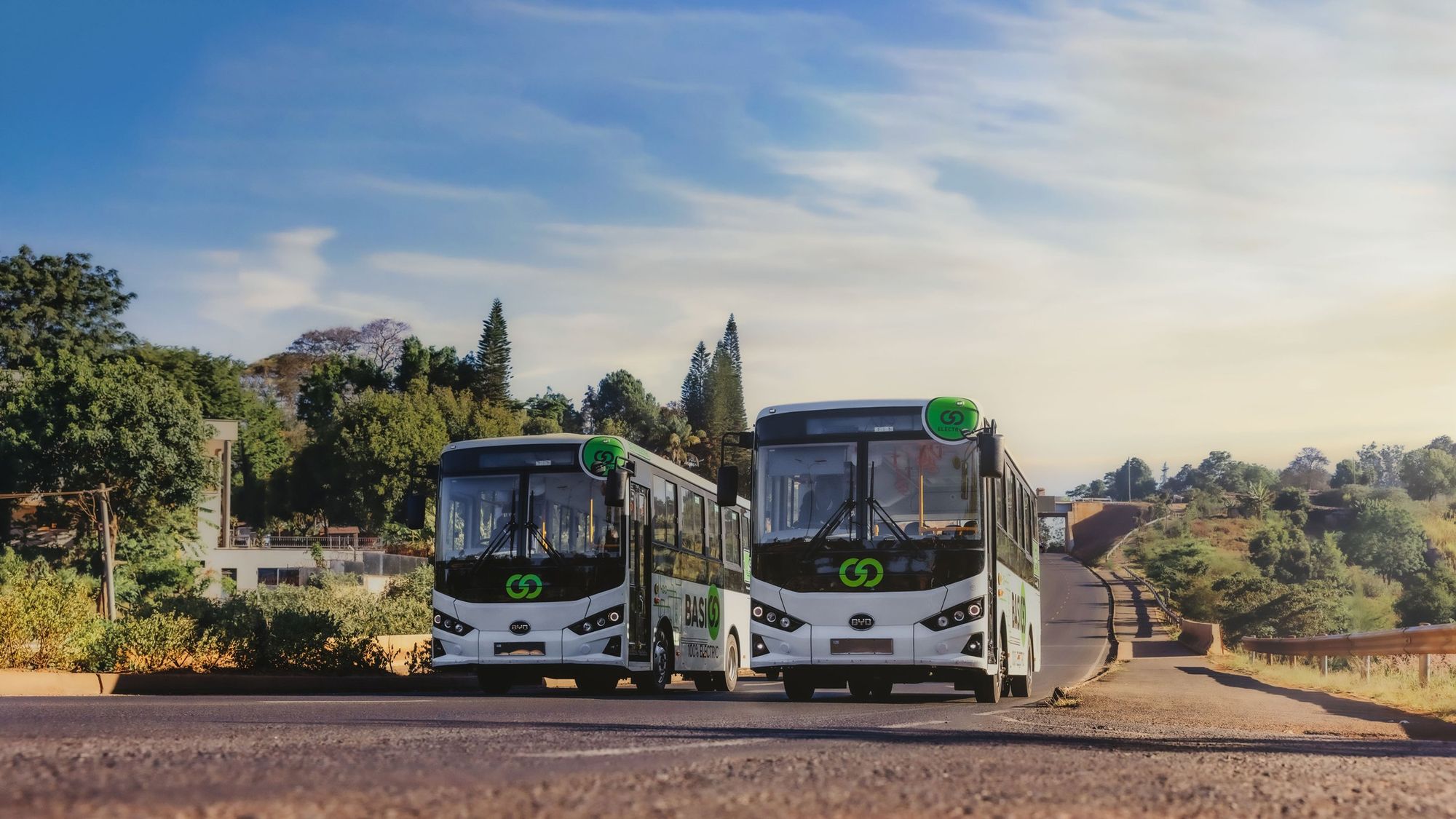Kenyan Startup Eyes Major Growth in Electric Mobility
BasiGo, a Kenyan electric bus manufacturer, has raised $24 million in Series A equity funding alongside an additional $17.5 million in debt financing. This strategic funding round was spearheaded by key investors including Africa50, a pan-African infrastructure investment platform, British International Investment (BII), and the U.S. Development Finance Corporation (DFC).
Other significant contributors to the equity round included Novastar Ventures, CFAO Kenya, Mobility54, and SBI Investments. The debt financing features a $10 million facility from DFC to boost BasiGo’s operations in Kenya, while a $7.5 million facility from BII is set to support the company’s expansion into Rwanda.
From Startup to Market Leader
Founded in 2021 by Jonathan Green and Jit Bhattacharya, BasiGo quickly made waves in the Kenyan transport sector with its mission to revolutionize public transit through electric mobility. The company launched after securing $1 million in pre-seed funding, which was used to develop its electric buses and introduce them to Nairobi’s streets as commuter vehicles, locally referred to as matatus.
Since its inception, BasiGo’s buses have transported over 4 million passengers by March 2024, while reducing carbon emissions by an impressive 1,175 tonnes. The startup’s growing impact comes on the heels of Kenya’s national e-mobility draft policy, which aims to accelerate local electric vehicle production and assembly.
Expanding the Fleet and Reaching New Markets
With this new round of funding, BasiGo aims to significantly expand its electric bus fleet in Kenya and Rwanda. Over the next three years, the company plans to scale its operations from its current fleet of 119 buses to 1,000. This strategic expansion pits BasiGo in competition with fellow e-mobility company Roam Motors, which also raised $24 million earlier in 2024.
Jit Bhattacharya, CEO of BasiGo, emphasized the company's readiness for growth: “With BII’s support to expand our e-bus model in Rwanda, we are ready to deliver hundreds of modern, emissions-free electric buses across East Africa.”
Innovative Business Model: Pay-As-You-Go for Bus Fleets
One of BasiGo’s key growth strategies is its pay-as-you-go (PAYG) model, which helps reduce the high upfront costs typically associated with electric buses. This financing model allows bus operators to lease BasiGo’s electric buses, thereby lowering barriers to adoption for small and medium-sized operators.
The company's flagship electric bus, the E9 Kubwa model, is priced at approximately KES 7.5 million ($58,000), compared to the KES 5 million ($37,000) price tag for standard internal combustion engine buses used in Nairobi’s mass transit system. Through partnerships with prominent transport Savings and Credit Co-operatives (SACCOs) like Super Metro and Citi Shuttle, BasiGo is working to integrate its electric buses into Kenya’s matatu culture, where small buses play a crucial role in daily public transportation.
Building on Previous Success
BasiGo’s latest funding round follows a series of successful investments. In 2022, the company raised $4.3 million in seed funding, followed by an additional $6.6 million later that year, and $5 million in debt financing from BII. In March 2023, the company secured $3 million in equity from CFAO and its venture arm, Mobility54.
With this strong financial backing, BasiGo is poised to lead the electric mobility revolution in East Africa, driving the adoption of zero-emission buses and contributing to the region’s sustainable development goals.




